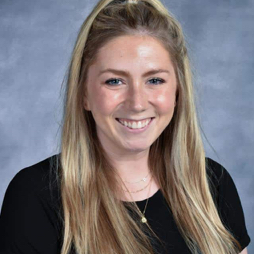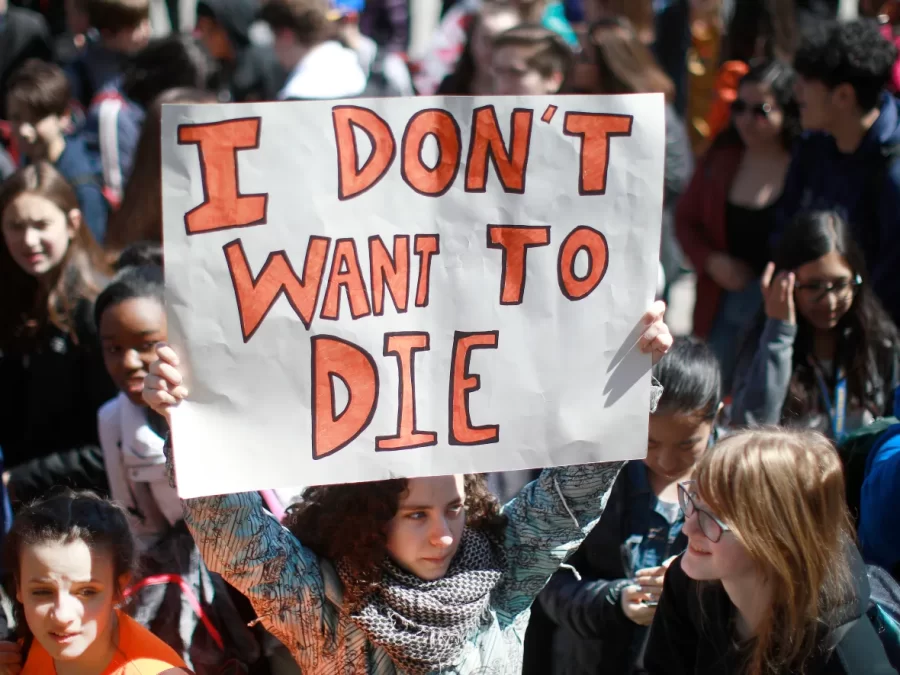On October 25th, 2023, in Lewiston, Maine, 18 people were fatally shot and 13 wounded in a shooting executed by 40 year old Robert Card. Among the victims, including children, parents, dedicated workers, and friends, were patrons of an event hosted by members of the local deaf community. Recent details have emerged detailing the suspect’s motives, divulging his previous struggles with mental health.
Recently identified as deceased via suicide, gunman Card was a member of the U.S. Army Reserves who previously worked as a commercial driver at Maine Recycling Corporation. Authorities located the suspect’s car at that very corporation and recovered a total of three firearms from both the car and Card’s body, as well as a note left at Card’s home addressed to a “loved one”.
Through cooperating with law enforcement and ABC News, Card’s family has uncovered possible motives sparked by underlying mental health issues. A divorce, interaction with conspiratorial content, a history of erratic behavior since enlisting as a reservist in 2002, and consequent encounters with authorities have all contributed to a record of instability.
Officer Cara Thoen has been working in law enforcement for eight years, and has been one of Erie High School’s resource officers for three years. Aside from the day-to-day responsibilities associated with her job, which involve engaging with students and responding to average calls for service, there have been numerous points in Thoen’s career in which she needed to confront threats involving weapons.
“We have had some reports over the years that there were weapons at school and with kids,” she recalled, “and when we get those reports, we take it very seriously.” she concludes. Thoen states the precise impacts of individual calls for service are impossible to thoroughly address with “blanket answers” and ideas, as each instance warrants unique reactions and impacts.
Officer Thoen cited district resources like Safe2Tell, procedures like Standard Response Protocols (SRPs), and attributes of the campus like security cameras and cooperations with administrators as cofunctioning aspects encompassing Erie’s preventative approach.
Beyond efforts on the part of law enforcement, Thoen believes a crucial aspect of preventing gun violence is addressing mental health. “It’s kind of hard to get a hold of [a professional] if you need it, and it just shouldn’t be that way,” she asserts, “because of that, I think there’s a lot of things that aren’t addressed that need to be.”
Licensed professional counselor, psychologist, and grief therapist Kaitie Vader shares a similar perspective while addressing conflicts about tragedies. Vader has counseled people of all ages who have been involved in mass tragedies, and has thus developed an in-depth understanding of their effects and causes.
“We are reactive to violence, and [often] will not prioritize proactivity when it comes to violence.” Vader explains. “I think we need more focus on mental health at younger ages. It is not enough to start in middle school or highschool.” Vader cites an effective approach to open communication, education for parents and family systems on mental health, and adequate familial support as just a few of many possible solutions that can start in the home.
As concluded from the case involving Robert Card, issues of isolation, emotional volatility, and unaddressed stressors make great contributions to unstable mindsets, which can ultimately lead to unstable actions. Vader specifies “Not being seen, understood, and given space”, “Not having a present and loving adult as kids”, and even broader structures like discrimination, toxic ideals in the culture, and lack of adequate funding for mental health resources as consistently observed factors when evaluating people who resort to committing acts of violence and danger.
High school senior Tiana Wilder has an especially profound stance on issues relating to gun violence. In addition to being a friend, a dancer, a bass player, and a hardworking employee, Wilder is the daughter of a Columbine shooting survivor.
After enduring such a traumatic experience in her own junior years of high school, Wilder’s mother frequently grapples with being assured of the safety in the world her daughter is growing up in. Wilder states, “There are so many shootings that have happened recently and everytime she hears about one, she shuts down because of her experience. In the past she has also struggled with me being in school.” Wilder touched on an instance just a few weeks ago involving a student threatening another with a gun in her own school, saying it has made her mom especially worried for her safety.
Concurring with the previously established ideas regarding set standards for prevention and addressing threats when they arise, Wilder believes there’s a necessity for increased sensitivity and awareness when having discussions about gun violence. She explains her idea that schools should “make sure students do not joke about this kind of stuff,” since it’s an issue she regularly observes.
Wilder emphasizes the crucial role that empathy has played in supporting her mom. “I support my mom by listening to her.” She says. “Most people have never been through this experience, including myself. But I would say to talk to a loved one about your experience when you are ready. Talking to someone you trust may make someone feel even the slightest bit of relief, even just for a little bit.”
CBS News reported that years prior to the shooting in Maine, gunman Robert Card had made numerous reports about his mental health issues, including “hearing voices” and making preceding shooting threats. The note found in Card’s home, theorized to be a suicide note, led law enforcement intelligence officials to conclude that “significant destabilizing event[s]” further triggered Card’s destructive tendencies, and needless to say, warrant the conclusion that his actions required proper intervention.








































